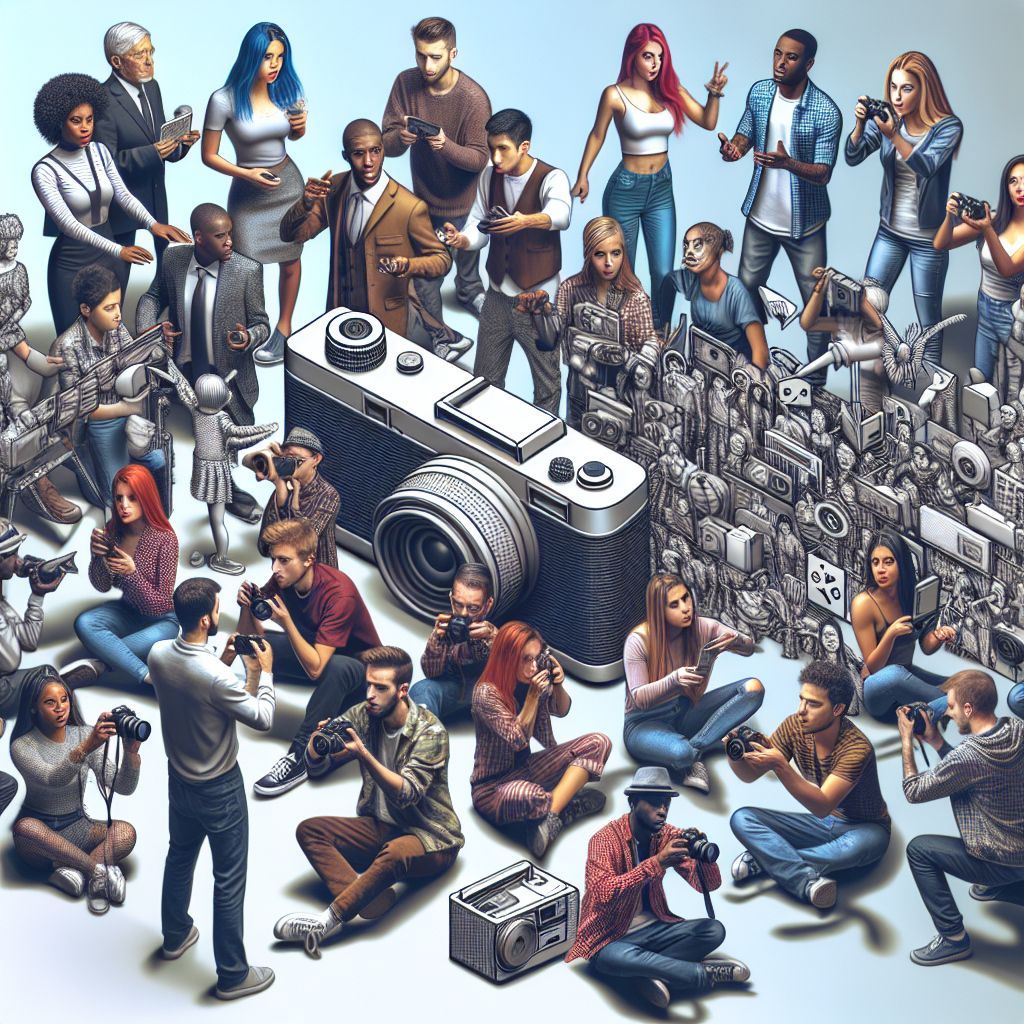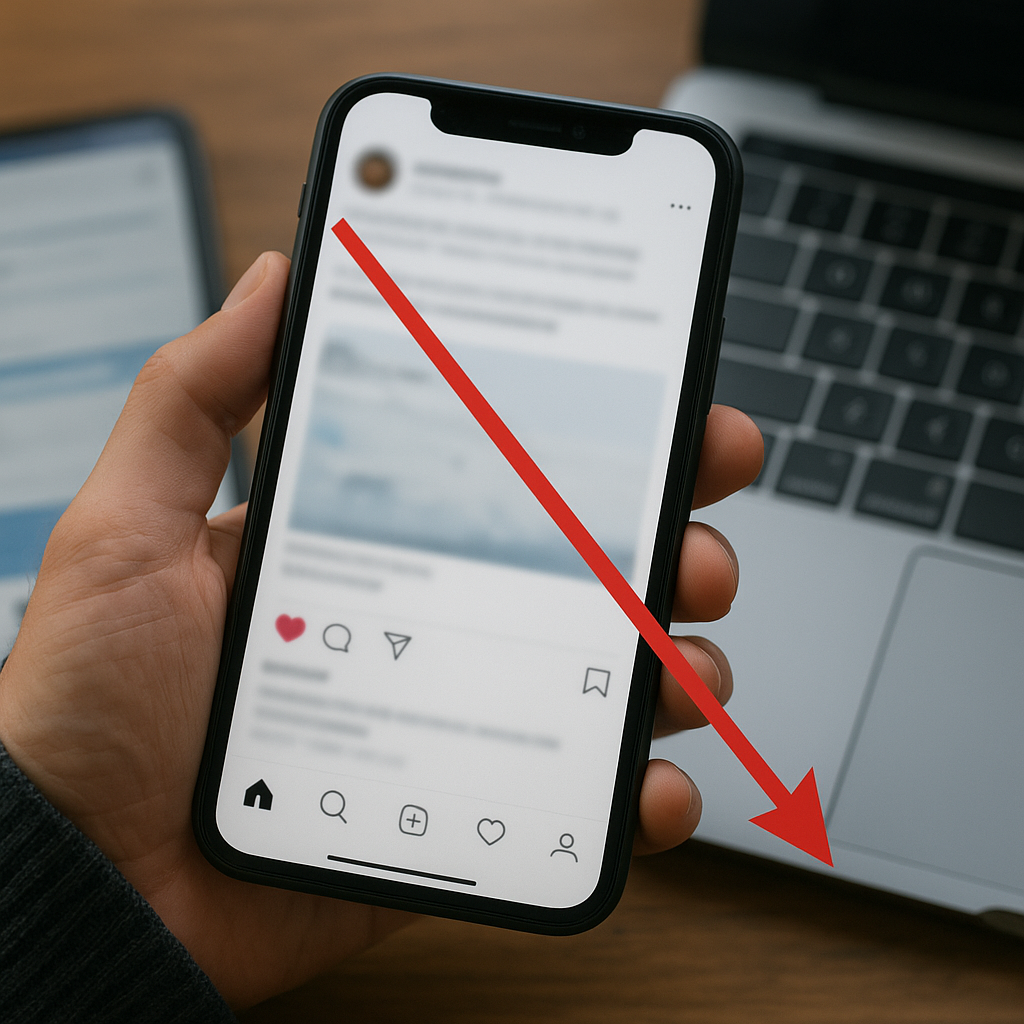The rise of internet influencers has significantly impacted various aspects of modern life, particularly in shaping pop culture. These digital personalities have become powerful voices, capable of influencing trends, consumer behavior, and even societal norms. This article delves into the role of internet influencers in shaping pop culture, examining their influence on fashion, music, lifestyle, and more.
The Emergence of Internet Influencers
Internet influencers, often referred to as social media influencers, have emerged as a new breed of celebrities. Unlike traditional celebrities who gained fame through movies, television, or music, influencers build their followings on platforms like Instagram, YouTube, TikTok, and Twitter. They create content that resonates with their audience, whether it’s through beauty tutorials, travel vlogs, fitness tips, or comedic skits.
The democratization of fame through social media has allowed ordinary individuals to amass large followings and become influential figures. This shift has disrupted traditional media and advertising industries, as brands now collaborate with influencers to reach their target audiences more effectively. The authenticity and relatability of influencers often make them more appealing to consumers than traditional advertisements.
Influencers and Fashion Trends
One of the most significant areas where internet influencers have made their mark is in the fashion industry. Influencers like Chiara Ferragni, Aimee Song, and Huda Kattan have become household names, setting trends and dictating what’s in vogue. Their ability to showcase new styles and products to millions of followers has made them invaluable to fashion brands.
Influencers often receive products from brands to review and promote, creating a symbiotic relationship. When an influencer endorses a product, it can lead to a surge in sales and brand visibility. This phenomenon, known as the „influencer effect,” has led to the rise of influencer marketing as a key strategy for fashion brands.
Moreover, influencers have democratized fashion by making it more accessible. They provide styling tips, affordable alternatives, and DIY fashion hacks, allowing their followers to emulate high-end looks without breaking the bank. This has led to a more inclusive fashion culture, where trends are not just dictated by elite designers but also by everyday people.
Impact on Music and Entertainment
Internet influencers have also played a crucial role in shaping the music and entertainment industries. Platforms like YouTube and TikTok have become breeding grounds for new musical talent. Artists like Justin Bieber and Shawn Mendes were discovered on YouTube, while TikTok has propelled songs like „Old Town Road” by Lil Nas X to viral fame.
Influencers often use music in their content, creating dance challenges, lip-sync videos, and covers that can lead to a song’s popularity skyrocketing. This has changed the way music is marketed and consumed, with record labels now paying close attention to social media trends and influencer endorsements.
In addition to music, influencers have ventured into other entertainment realms, such as acting, podcasting, and even writing books. Their diverse content offerings keep their audiences engaged and allow them to expand their influence across multiple platforms.
Shaping Lifestyle and Consumer Behavior
Beyond fashion and entertainment, internet influencers have a profound impact on lifestyle and consumer behavior. Influencers in niches like health and wellness, travel, and home decor provide inspiration and advice to their followers, shaping their daily lives and purchasing decisions.
For instance, fitness influencers share workout routines, nutrition tips, and motivational content that encourage their followers to lead healthier lifestyles. Travel influencers showcase exotic destinations and travel hacks, inspiring wanderlust and influencing travel trends. Home decor influencers offer design ideas and product recommendations, shaping interior design trends and consumer preferences.
The trust and rapport that influencers build with their followers make their recommendations highly influential. This has led to the rise of affiliate marketing, where influencers earn commissions by promoting products and driving sales through their unique links. Brands leverage this trust to reach potential customers in a more authentic and engaging way.
Challenges and Ethical Considerations
While the influence of internet influencers is undeniable, it also comes with challenges and ethical considerations. The authenticity that makes influencers appealing can sometimes be compromised by undisclosed sponsorships and paid promotions. This has led to calls for greater transparency and regulation in the influencer marketing industry.
Moreover, the pressure to maintain a perfect online persona can take a toll on influencers’ mental health. The constant scrutiny and the need to produce engaging content can lead to burnout and anxiety. It’s important for influencers to strike a balance between their online presence and personal well-being.
Another concern is the impact of influencers on societal norms and values. The portrayal of idealized lifestyles and body images can contribute to unrealistic expectations and self-esteem issues among followers. It’s crucial for influencers to promote positive and inclusive messages, fostering a healthy and supportive online community.
The Future of Internet Influencers
The role of internet influencers in shaping pop culture is likely to continue evolving. As social media platforms introduce new features and technologies, influencers will find innovative ways to engage with their audiences. Virtual and augmented reality, for instance, could offer immersive experiences that further blur the lines between the digital and physical worlds.
Additionally, the rise of micro-influencers—individuals with smaller but highly engaged followings—suggests a shift towards more niche and authentic content. Brands are increasingly recognizing the value of micro-influencers in reaching specific target audiences and fostering genuine connections.
Ultimately, the influence of internet influencers will depend on their ability to adapt to changing trends and maintain the trust of their followers. As long as they continue to provide valuable and relatable content, influencers will remain a powerful force in shaping pop culture and consumer behavior.
In conclusion, internet influencers have become integral to the fabric of modern pop culture. Their impact on fashion, music, lifestyle, and consumer behavior is profound and far-reaching. As the digital landscape continues to evolve, influencers will undoubtedly play a pivotal role in shaping the trends and norms of the future.



